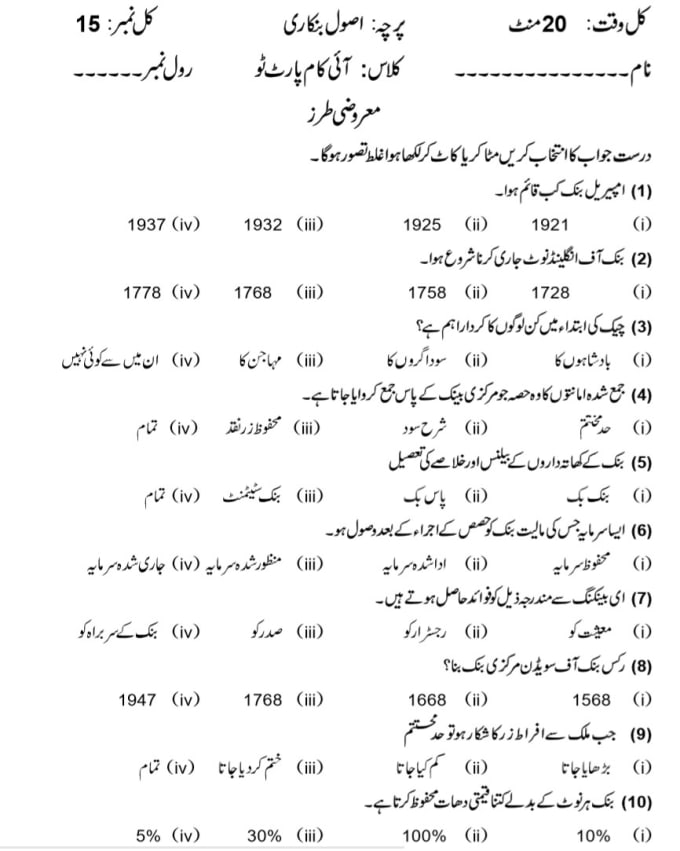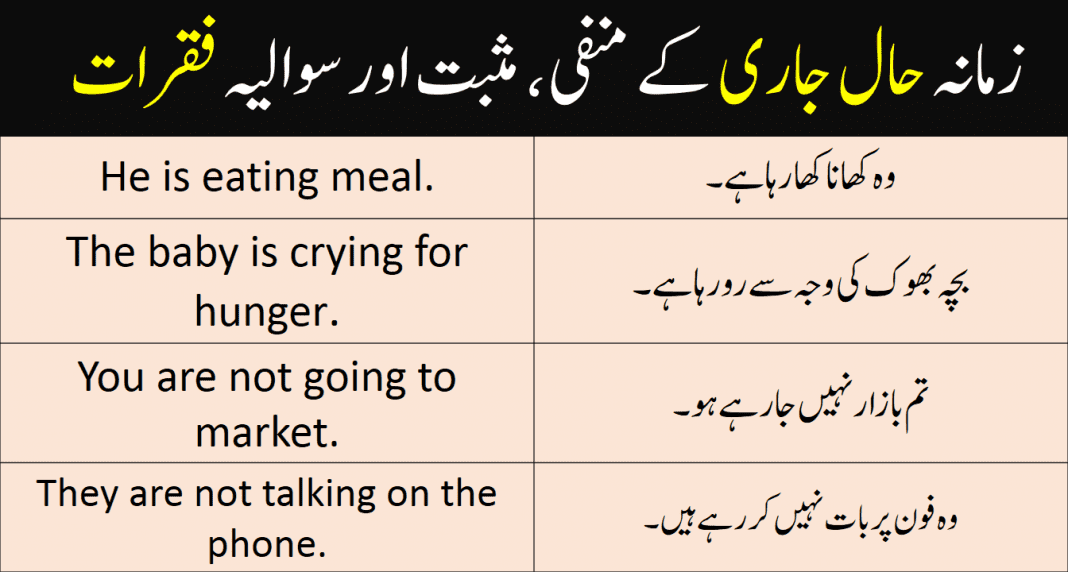
*In Urdu there is no common proper noun for “Aunt.” Each aunt (mothers’ sister, father’s sister, mother’s brother’s wife, father’s older brother’s wife, father’s younger brother’s wife) has a different name so one can tell instantly which aunt you are talking about. When earlier this year my nephew called me Phuppo for the first time, I thought it was the most beautiful designation in the world! But, I also know that it is a tricky one. Granted that often the socio-cultural-historical set-up makes this stereotype not too far from the truth but, my sister likes to hashtag #NotAllPhupposAreEvil when posting pictures with our nephew (yes, I’m a Phuppo too!). There is even a Facebook page called “ Phupho” that makes fun of a Pakistani’s tricky relationship with their Phupho. “Phuppo” (also commonly spelled “ phupho“) is a word loaded with cultural connotations and sly barbs, and refers to the stereotype of an evil aunt - specifically, a father’s sister* - who is out to make life miserable for you and your family.Ĭountless jokes, memes, and gifs take jabs at “ Phuppos” across the spectrum.

It can be used as a “yeah, yeah, whatever.” It can mean “OK,” and when used with a certain tone, it can be used as the exclamation “Really?!” Another inflection in tone could translate it to “Ohhhhh, I see.” It is used as a filler of silence in conversation (“hmmm”), is often used to praise children-“ acha bacha” (good/kind/well-mannered child) and to admire everything from cloth, to food, to people.Īcha is a very common word I probably use it at least five times a day and, when I stop and think about it, it’s rather cool to have one word express so many different reactions. Literally, “ acha” means “nice.” In reality, though, it can have dozens of meanings when used in everyday conversation. Here are five Urdu words that I can translate into English, but they just don’t mean the same thing:

Like every other language, Urdu has distinctive words that lose part of their meaning and evocation when translated. It is the language my soul connects with. Filtering out my regional language to only speak English or Urdu separately - without mixing the three languages together - was a process that took several years.Įven though I count English as my first language - I read best in it, I write it best, I understand complicated concepts in it - Urdu is my mother tongue.

After high school, I moved southwest to Karachi by the Arabian Sea, where Punjabi was not widely understood. I grew up in Pakistan speaking a mix of three different languages: Urdu, Punjabi (regional language) and English.


 0 kommentar(er)
0 kommentar(er)
